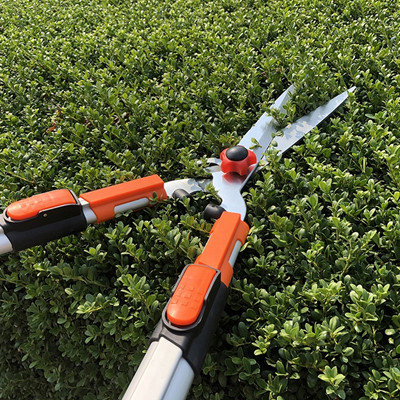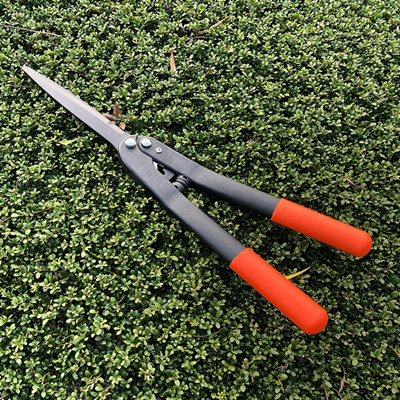Organic gardening with a hoe can be an effective and sustainable way to manage weeds, aerate soil, and cultivate your garden without relying on chemical pesticides or synthetic fertilizers. Here are some tips for successful organic gardening with a hoe:
- Choose the Right Hoe: There are different types of hoes available, such as scuffle hoes, draw hoes, and Warren hoes. Each type is designed for specific tasks, so choose the one that suits your gardening needs.
- Timing: Hoeing is most effective when the weeds are still small and the soil is slightly moist. This makes it easier to uproot weeds and disturb the soil surface.
- Weed Identification: Learn to identify weeds in your garden. Some weeds are more invasive and can quickly spread if not dealt with promptly. Regular hoeing when weeds are small prevents them from taking over.
- Proper Technique: Hold the hoe handle firmly and swing it just below the soil surface to cut weeds off from their roots. Use a push-pull motion to slice through the weeds and disturb the soil. Be careful not to dig too deeply and disrupt your desired plants’ roots.
- Mulching: After hoeing, consider applying organic mulch, such as straw or wood chips, around your plants. Mulch helps to suppress weed growth by blocking sunlight and conserving soil moisture.
- Crop Rotation: To prevent the buildup of pests and diseases, practice crop rotation. Move plants to different areas of your garden each season. Hoeing in between rotations can help disrupt pest life cycles.
- Companion Planting: Planting certain crops together can naturally deter pests. For instance, marigolds can repel some harmful insects. Hoeing can help you prepare the soil for companion plants.
- Fertilizing: Instead of synthetic fertilizers, use organic compost or well-rotted manure to enrich your soil. Hoeing can incorporate these amendments into the soil, providing nutrients to your plants.
- Regular Maintenance: Hoe your garden regularly, ideally once a week or as needed, to keep weeds in check. Early and consistent intervention is key to preventing weed domination.
- Avoid Overworking the Soil: While hoeing is beneficial, overworking the soil can disrupt its structure and beneficial microorganisms. Be gentle and avoid excessive tilling.
- Save Beneficial Plants: Be careful around your desired plants and seedlings. Hoeing too close to them can accidentally damage their roots or stems.
- Patience: Organic gardening takes time, and it might take a few seasons to see significant improvements in soil health and reduced weed growth. Stick to your methods and remain patient.
Remember, hoeing is just one part of a holistic organic gardening approach. Incorporate other practices such as proper watering, companion planting, and natural pest management to create a healthy and thriving garden ecosystem.
































